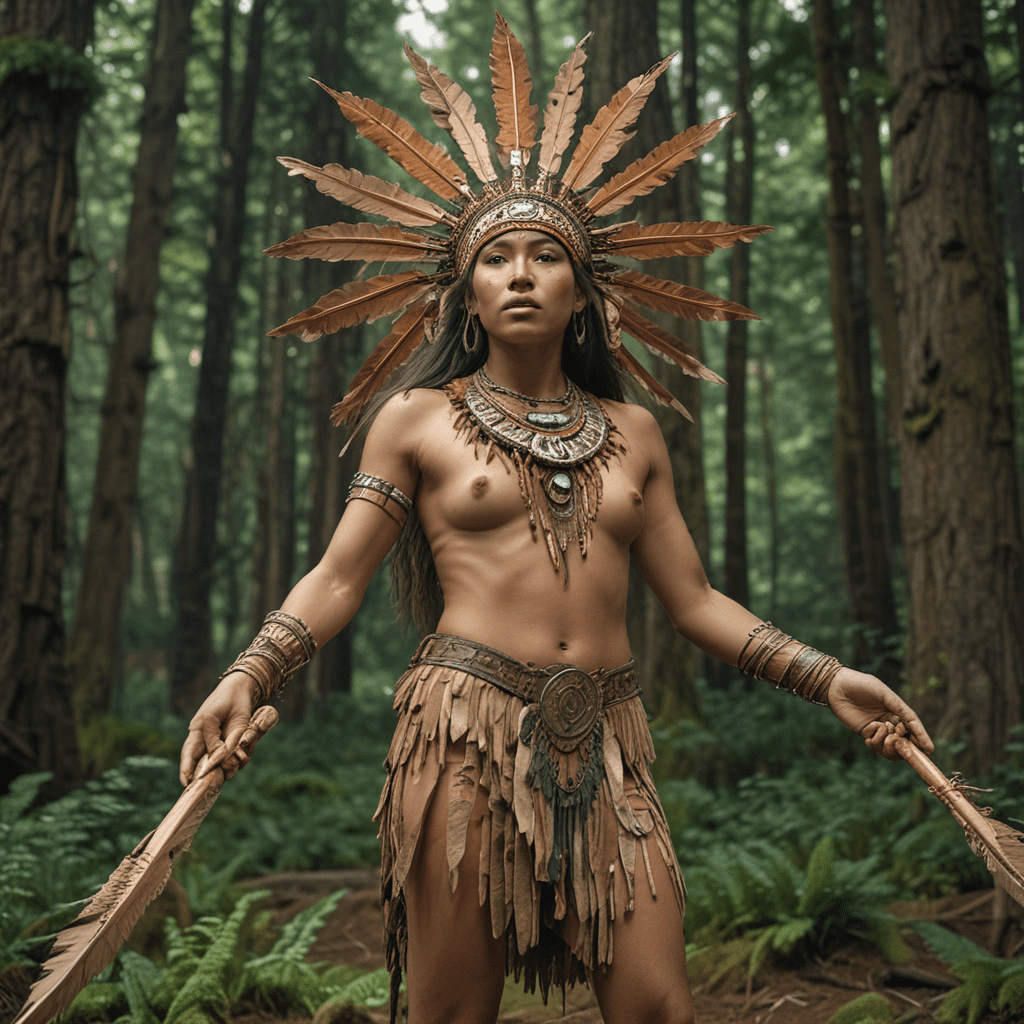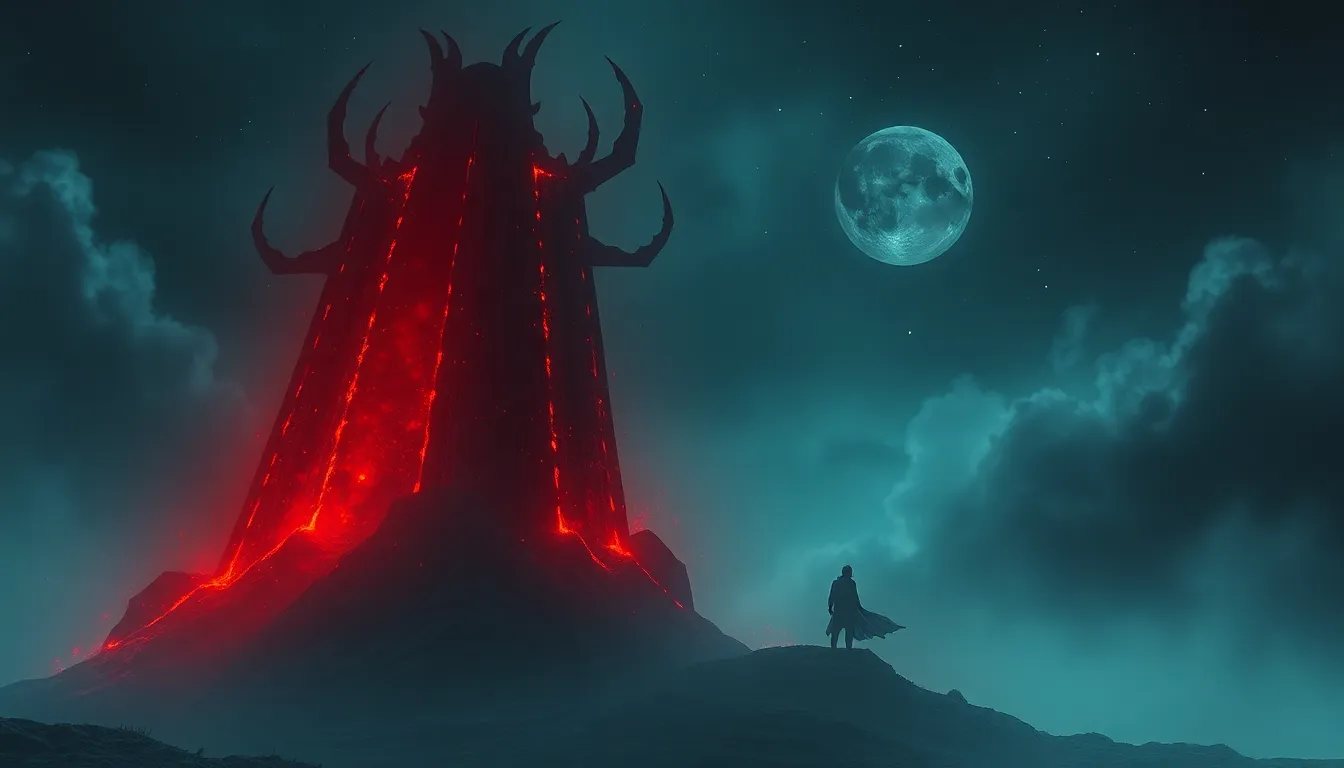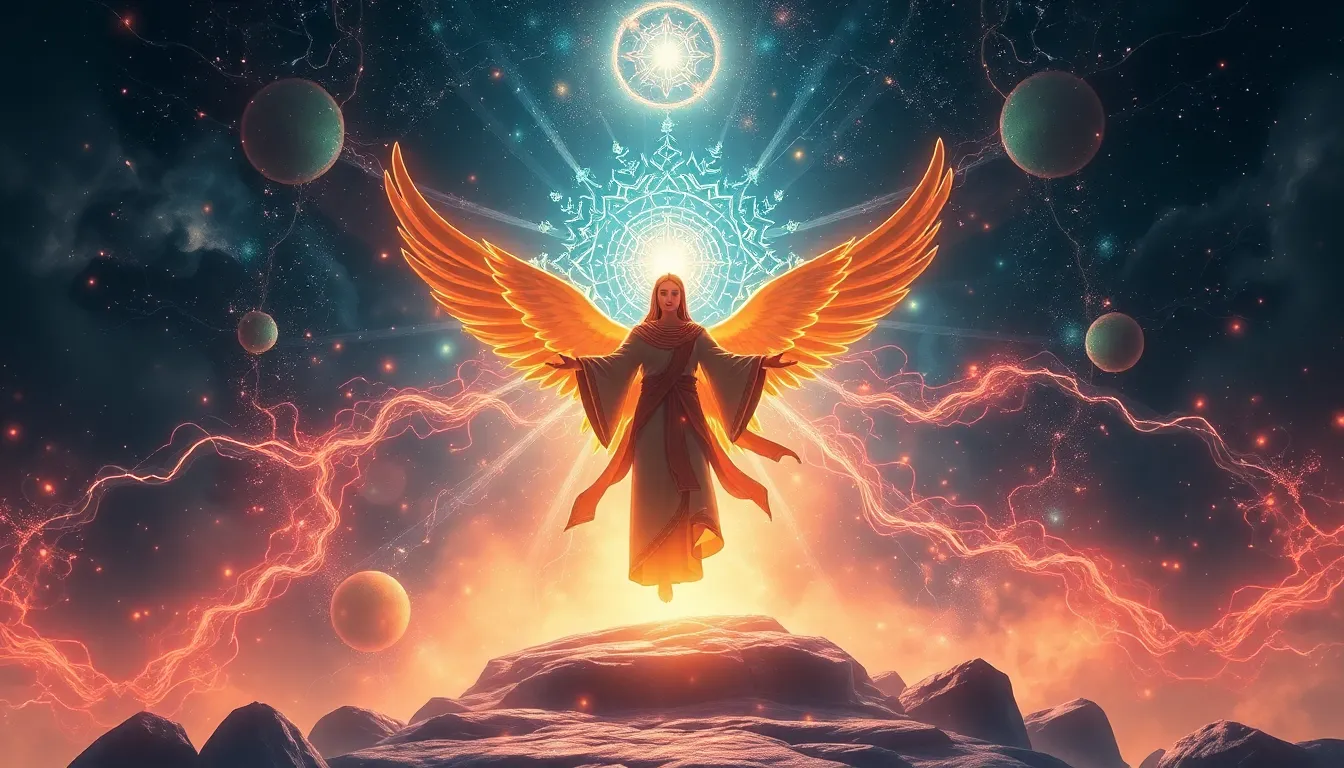The Power of Myth: Celebrating Cultural Heroes
1. Introduction: The Significance of Myth in Human Culture
Myth is a powerful narrative that transcends time and culture, embodying the beliefs, values, and experiences of a society. It serves not only as a storytelling device but also as a means of understanding and interpreting the world. Myths often feature cultural heroes—figures who embody the ideals and virtues of their communities, providing models for behavior and aspirations.
This article aims to explore the power of myth through the lens of cultural heroes, examining their significance in human culture and how they shape our understanding of identity, values, and collective memory.
2. Understanding Mythology: A Window into Human Experience
Mythology is a collection of myths that provide insight into the human experience. It encompasses various elements, including:
- Characters: Deities, heroes, and mythical creatures.
- Stories: Narratives that explain creation, existence, and moral lessons.
- Symbols: Objects and motifs that convey deeper meanings.
Myths serve crucial psychological and sociological functions. They help individuals navigate their emotions and experiences, while also reinforcing societal norms and collective identity. Through storytelling, myths preserve cultural heritage and memory, shaping how communities perceive themselves and their place in the world.
3. Defining Cultural Heroes: Who Are They and Why Do They Matter?
Cultural heroes are figures who have made significant contributions to their societies, often embodying ideals such as bravery, wisdom, and sacrifice. They can be real historical figures or legendary characters from myth. Common characteristics of cultural heroes include:
- Exceptional qualities or abilities.
- Leadership in times of crisis.
- A deep connection to cultural values.
Examples of cultural heroes include:
- Hercules: A symbol of strength and perseverance in Greek mythology.
- King Arthur: The ideal of chivalry and justice in British folklore.
- Ganesha: The remover of obstacles in Hindu tradition.
Cultural heroes inspire individuals and communities, serving as beacons of hope and models for action in the face of adversity.
4. Myths and Heroes in Ancient Civilizations
In ancient civilizations, mythic figures played a central role in shaping cultural values and beliefs. In Greece, heroes like Achilles and Odysseus represented courage and cunning, reflecting the Greek ideals of honor and intellect. Roman myths, such as those surrounding Aeneas, emphasized duty and piety, mirroring the Roman ethos of service to the state.
Similarly, in ancient Egypt, figures like Osiris and Isis symbolized resurrection and the cyclical nature of life, embodying the Egyptians’ religious beliefs about the afterlife. These myths have left an enduring legacy, influencing modern literature, art, and popular culture.
5. The Role of Cultural Heroes in Modern Society
Contemporary cultural heroes continue to emerge, reflecting modern values and social issues. Figures such as:
- Nelson Mandela: A champion of justice and equality.
- Malala Yousafzai: An advocate for girls’ education and empowerment.
These modern heroes have profoundly impacted social movements, inspiring change and embodying the myths of resilience, courage, and hope. Their stories resonate with people worldwide, reinforcing the idea that individuals can overcome challenges and effect positive change.
6. The Evolution of Myths: From Oral Tradition to Digital Age
The transmission of myths has evolved significantly from oral storytelling to written texts and now to digital formats. Technology has revolutionized how myths are shared and interpreted:
- Oral Tradition: Myths were originally passed down verbally, allowing for variations and adaptations.
- Written Records: The advent of writing preserved specific versions of myths.
- Digital Media: The internet and social media facilitate the rapid sharing and reinterpretation of myths.
In today’s media landscape, cultural heroes are often portrayed in films, literature, and social media, making their narratives accessible to a global audience.
7. Myths of Diversity: Celebrating Heroes from Underrepresented Cultures
It is crucial to highlight heroes from indigenous, marginalized, and global perspectives. Inclusive narratives enrich our understanding of cultural heroes and their impact. Examples of lesser-known heroes include:
- Harriet Tubman: A leader in the Underground Railroad who fought for freedom.
- Chief Joseph: A Nez Perce leader known for his resistance to U.S. expansion.
These narratives remind us of the diverse contributions to human culture and the importance of recognizing heroes from all walks of life.
8. The Psychological Impact of Myths and Heroes on Individuals
Myths and cultural heroes significantly influence personal identity and self-perception. They offer models for behavior, demonstrating qualities such as:
- Courage in the face of adversity.
- Compassion and empathy.
- Leadership and responsibility.
Engaging with myths can have therapeutic aspects, providing individuals with narratives that help them navigate their challenges and aspirations.
9. Critiques of the Concept of the Cultural Hero
While celebrating cultural heroes, it is essential to critique the glorification of these figures. Potential pitfalls include:
- Oversimplification: Reducing complex individuals to mere symbols can obscure their flaws and the nuances of their actions.
- Mythologizing: Creating a narrative that may not align with historical reality can lead to unrealistic expectations.
It is vital to approach the concept of cultural heroes with a balanced perspective, recognizing their contributions while also acknowledging their limitations and the context in which they operated.



